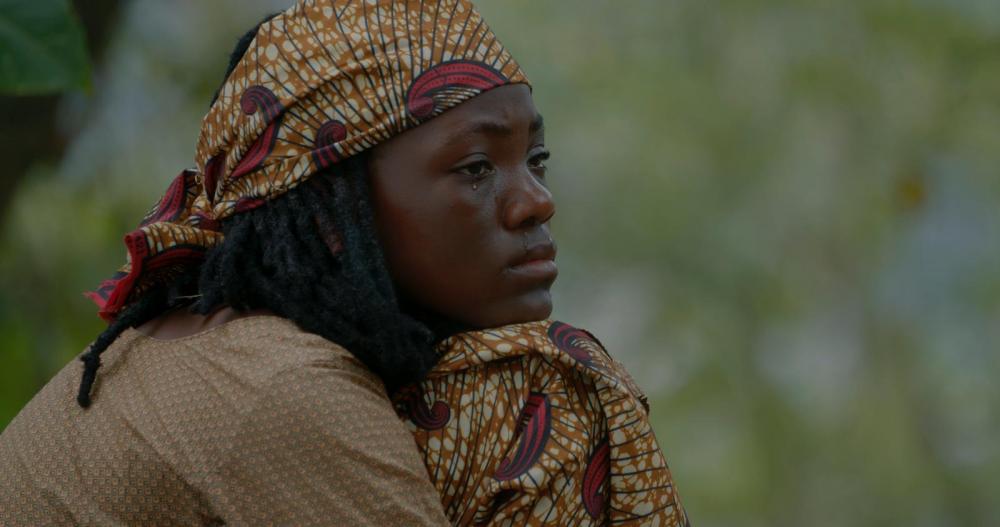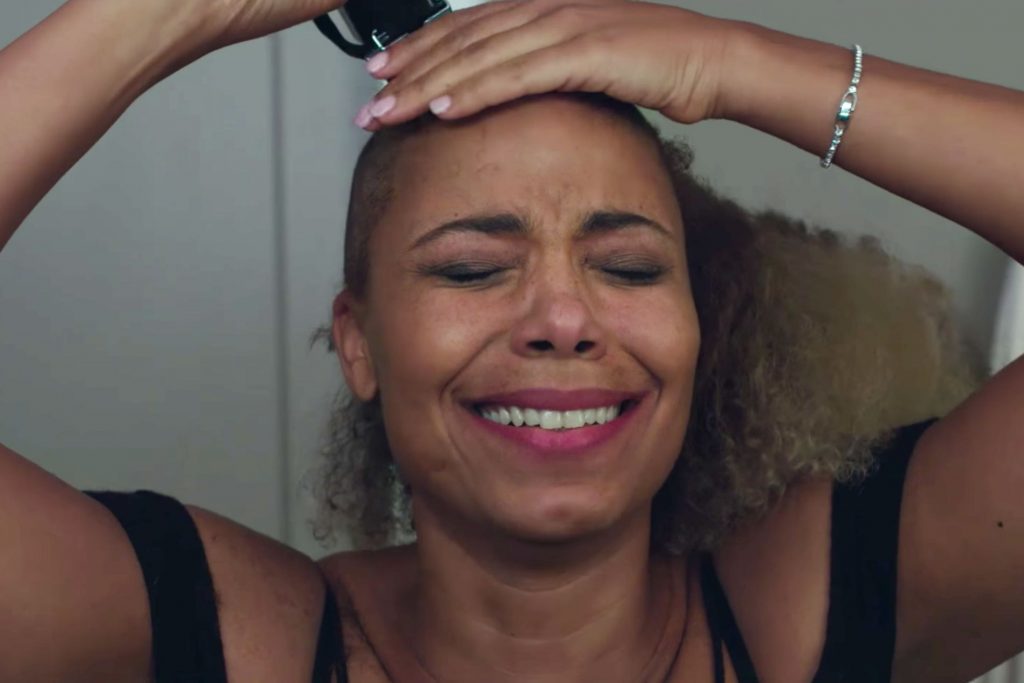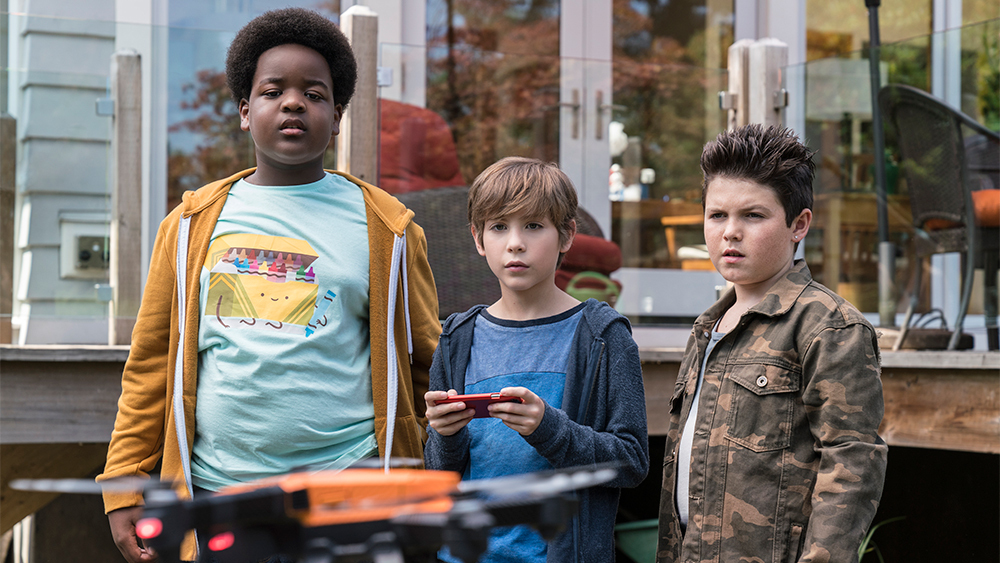Ekah, the 12 year old daughter of a fisherman is skilful at roasting and selling her fish. She is the apple of her father’s eye and he calls her his ‘little mother.’ She is also admired by her uncle Lucas who wishes his sons were like Ekah and mocks educated people for haggling when they want to buy fish. His admiration however wanes when Ekah tells her father that she wants to go to school.
Her father Solomon (Kang Quint) is also anti-education. He refuses because he believes that education corrupts. Ekah begs, cajoles and becomes unruly in a bid to convince him but fails. Solomon is a conflicted character and by the time the story unfolds his reasons seem valid until he plays into the hands of his elder brother, Lucas. In the end, you will wonder if Solomon’s bitterness was worth it until the exhilarating plot twist.
“The Fisherman’s Diary” is a story of how prejudices and ignorance are preventing parents from educating their children, especially girls. But the good news is that where there is a will, there is a way, as the film shows that it takes one person who is willing to damn the consequences to pave the way for another who is determined to attain greatness.
The actors generally do a good job. Faith Fidel who played the 12-year old Ekah is phenomenal as is Qunit, in his portrayal of the embittered Solomon. Ramsey Nouah stars as the village school proprietor but without him, obviously for promotional reasons. But without Nouah, the cast can hold their own.
One other outstanding thing about the film is the use of the local language. The dialogue is largely delivered in Cameroonian Pidgin English. Evidently distinct from the Nigerian Pidgin English, yet, hearing the word ‘palaver’ takes one back to the days before ‘wahala’ became widespread in Nigeria, and ‘palaver’ was used to refer to trouble instead. The language gives the viewer the same satisfaction that one gets from the Nigerian movie “Seven” also debuting on Netflix this month. And it undoubtedly adds to the authenticity of a relatable African story that empowers young girls.
The filmmakers deserve equal commendation for the cinematography. Yet, that teacher Bihbih never spoke Pidgin English to Ekah, a stack illiterate fish seller seemed impracticable. When Africans go to market, they speak the language of the market woman or man to avoid being exploited. That is why Lucas mocked educated people, and the very valid point Genevieve Nnaji made when she spoke out against the Oscar disqualification of her movie “Lionheart.” The filmmaker also struggled with merging events from the real Ekah’s life with the film. Nonetheless, Cameroonians should be proud of their first film to stream on Netflix.
If you like “Queen of Katwe” you will like “The Fisherman’s Diary.”




